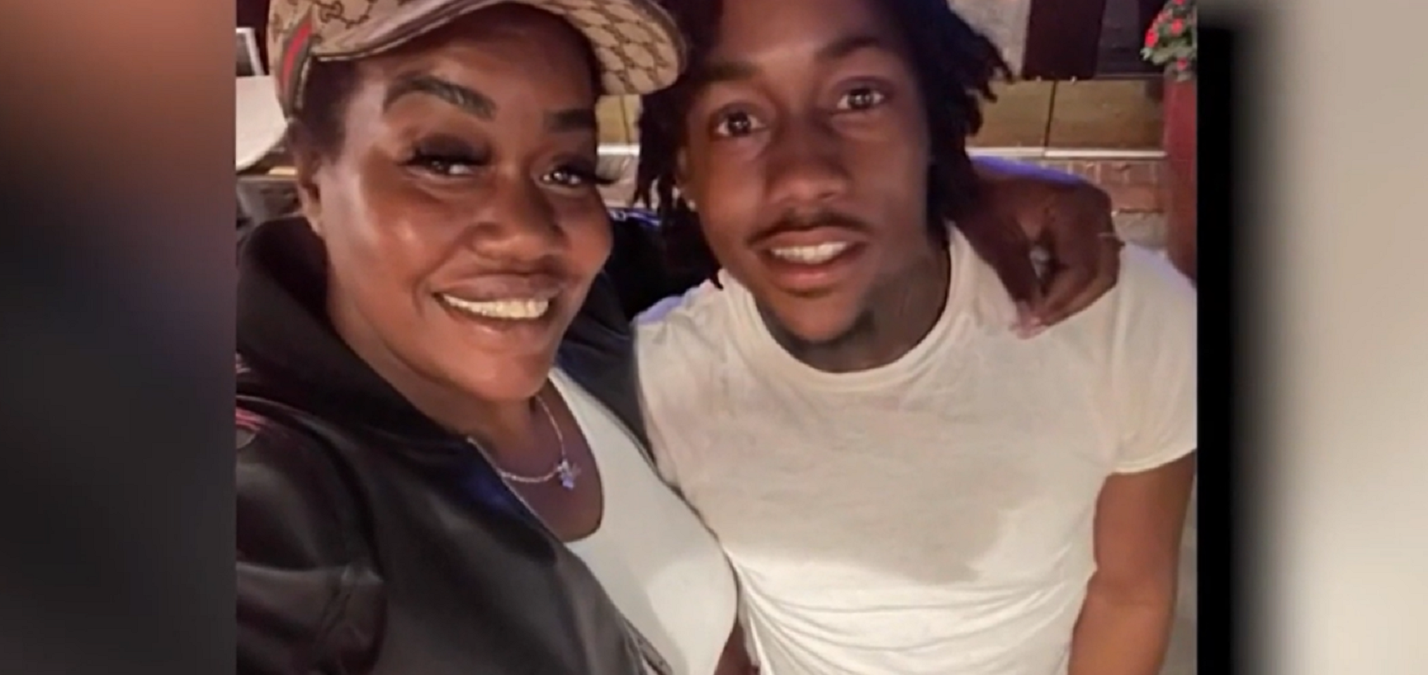Eight months out from the November elections, Senate Majority Leader Harry Reid is showing signs that he will stick around as Democratic leader no matter what happens this fall.
Reid faces the prospect of presiding over the loss of a Democratic majority, from the 20-seat advantage he enjoyed just three years ago. Such a shellacking could be enough to knock any leader from his perch — or at least persuade a leader like Reid to step aside.
But conversations with more than 25 Democratic senators and Reid allies show that the majority leader is moving to strengthen his hold over the caucus — and Reid waved off questions about whether he’d give up a slot as the top Democrat in the Senate — even in the minority.
“Why wouldn’t I?” Reid told POLITICO when asked if he’d stay on as leader even if Democrats lose the majority. “I still have five years left in my term.”
Reid, 72, remains unchallenged within the Senate Democratic Caucus. Reid has the final say on all aspects of his party’s floor strategy, messaging operation and political positioning. He has forged a close relationship with President Barack Obama, and the departure of Bill Daley from the West Wing only strengthens Reid’s ties to the White House. He’s privately meeting with senators from both parties to build personal relationships with his colleagues, and allies say the decision on Reid’s future — even if Democrats lose their majority — will be up to him.
Reid also stepped up his own fundraising efforts. He’s raised $2.5 million for the Democratic Senatorial Campaign Committee, with a big chunk of that total — nearly $450,000 — coming from his powerful Nevada fundraising network, according to his aides. Reid has headlined several events for challengers and incumbents, and he has begun hosting a breakfast fundraiser each month for a different challenger that nets roughly $40,000 per event.
“He has a power which no one on the outside understands and which he makes no effort to explain,” Sen. Jay Rockefeller (D-W.Va.) said of Reid. “He has the ability to make our caucus work, to the extent that it can. … People like him, he’s good to people. I can’t explain it, but yes, he will be leader.”
Local
Reid has also benefited from the ascension within Democratic ranks of New York Sen. Chuck Schumer, considered by many to be Reid’s heir apparent. Reid and Schumer are close personally and very loyal to one another and the Nevada Democrat consults with Schumer on all major issues. Reid has handed off much of the responsibility to Schumer on getting out the day-to-day Democratic message.
But Schumer’s past rivalry with Majority Whip Dick Durbin of Illinois, the subject of intense speculation for Senate watchers the past few years, has alienated some in the Senate Democratic ranks, especially with some “Old Bulls.” They privately complain that Schumer has looked too eager to assume the mantle of Democratic leader, which affirms a belief among some Democrats that Reid will remain in power. And by staying with Reid, they don’t have to choose between Schumer and Durbin in a messy leadership fight.
“I think it’s unseemly,” said one Senate Democrat of Schumer’s clear ambition to one day become Democratic leader.
But another Democratic senator, who requested anonymity, said “everyone knows he’s 100 percent loyal to Reid.”
There is a big caveat in Reid’s personal life, however: His wife, Landra — the two were married in 1959 — is undergoing treatment for breast cancer. People close to Reid say they can sense the strain of his wife’s illness on the taciturn party boss.
Reid does have his detractors on both sides of the aisle. Some Democrats privately speculated that Reid would step down as leader if they lose their majority, possibly taking a top spot on the Appropriations Committee or another position.
“I think he would step aside,” said one long-term Democratic senator, who asked to remain anonymous. “I don’t see how he could stay on.”
Republicans, for their part, see Reid as a polarizing leader who refuses to allow the Senate to work its will, vote on amendments or forge bipartisan consensus.
“If our leader did that, I will work to overthrow him,” Sen. Tom Coburn (R-Okla.) said, adding that the country is “worse off” since Reid became leader.
Coburn added: “This isn’t the Senate anymore. You look at the number of times he’s filled the tree [blocked amendments] compared to everybody else combined. Look at how many times he’s filed cloture at the same time he’s filed a bill. Look at times that he’s not allowed amendments, but when he does allow them, he picks them. That’s not the Senate.”
Yet it is clear that Reid retains the loyalty of most of his colleagues, and it looks likely that he would even survive a Democratic loss of the Senate if he chose to run for leader again.
“Harry Reid is the leader, and whether we have over 50 or under, he’s still gonna be the leader,” said Sen. Frank Lautenberg (D-N.J.). “Any decision like that depends on what happens with the presidential race because if the president loses, we lose also, and there’s no room for retribution. But I think Harry Reid is solid in his leadership. I think I speak for lots of people on the Democratic side.”
Another longtime Democrat, California Sen. Dianne Feinstein, concurs with that view. “I think he can probably stay as long as he wants. He’s got a lot of support within the caucus,” Feinstein said.
Democrats have to defend 23 seats in November, versus only 10 for Republicans. With the retirement of Nebraska Democrat Ben Nelson virtually ensuring that seat will change hands, that means the GOP only needs a net gain of three seats to get back the majority.
Earlier in the cycle, campaign experts predicted a potential five- to six-seat gain by Republicans, based on the sputtering economy, the rise of the tea party movement and its strong showing during the 2010 elections — not to mention Obama’s perceived vulnerability.
Now, with the U.S. economy showing clear signs of recovery, Obama has seen his approval ratings rise to their highest levels in 18 months. The American public’s view of the tea party movement has fallen. Those factors, when coupled with the GOP’s mishandling of the payroll tax fight, has given new hope to Senate Democrats. They may still lose their majority, yet it is not likely to be a Republican wipeout. And Reid has benefited from this improved morale within his caucus.
Sen. Mark Pryor (D-Ark.), who is close to Reid, said any decision on whether he would serve again, even as minority leader, is up to the Nevada Democrat.
“That’s a totally personal call on his part,” Pryor said. “He’s probably underappreciated. Sometimes he probably gets blamed for things that he shouldn’t be blamed for. But he’s trying to be leader in a very difficult era here.”
“The leadership changes every so often on both sides around here, and the caucus will change a little bit as a result. We would continue on and continue to do the things that we think are important,” Pryor noted.
When asked whether Schumer could be Reid’s successor, Pryor hedged his bets. “It’s up to whoever wants to be in that mix. I know I’m not in the mix.”




